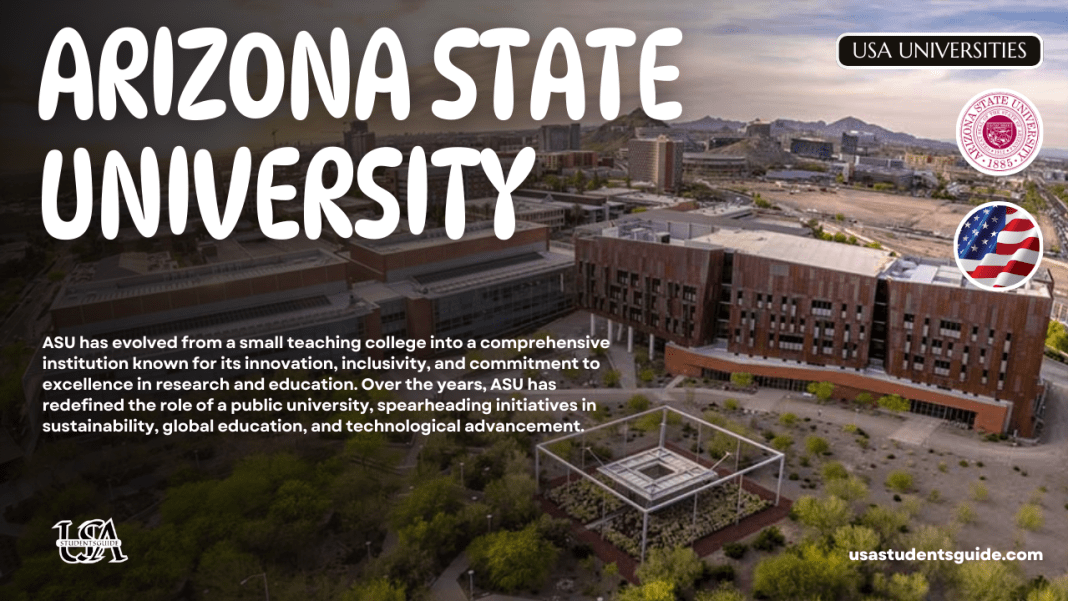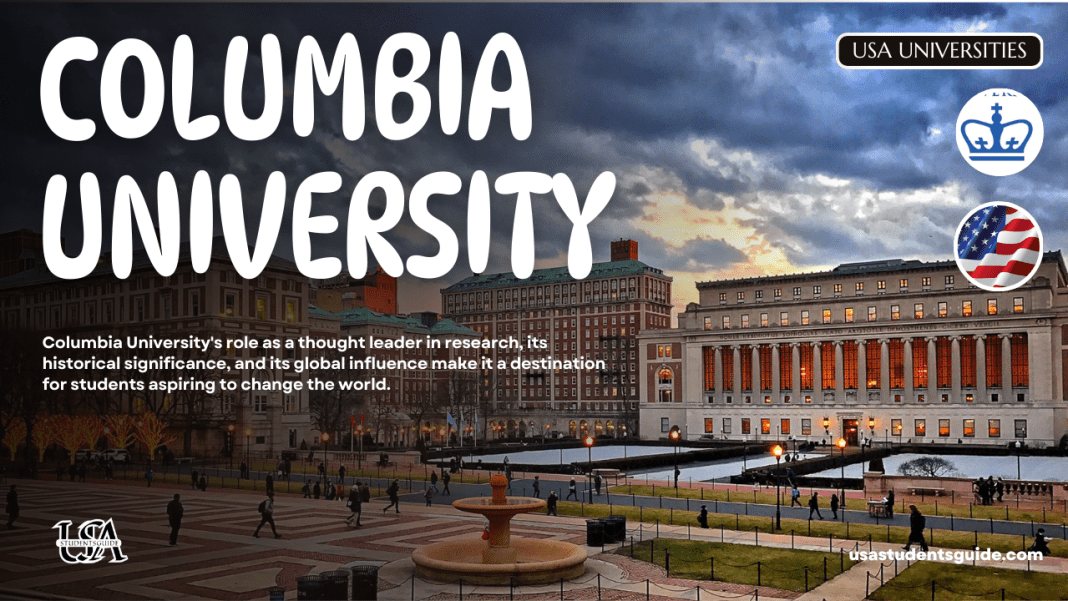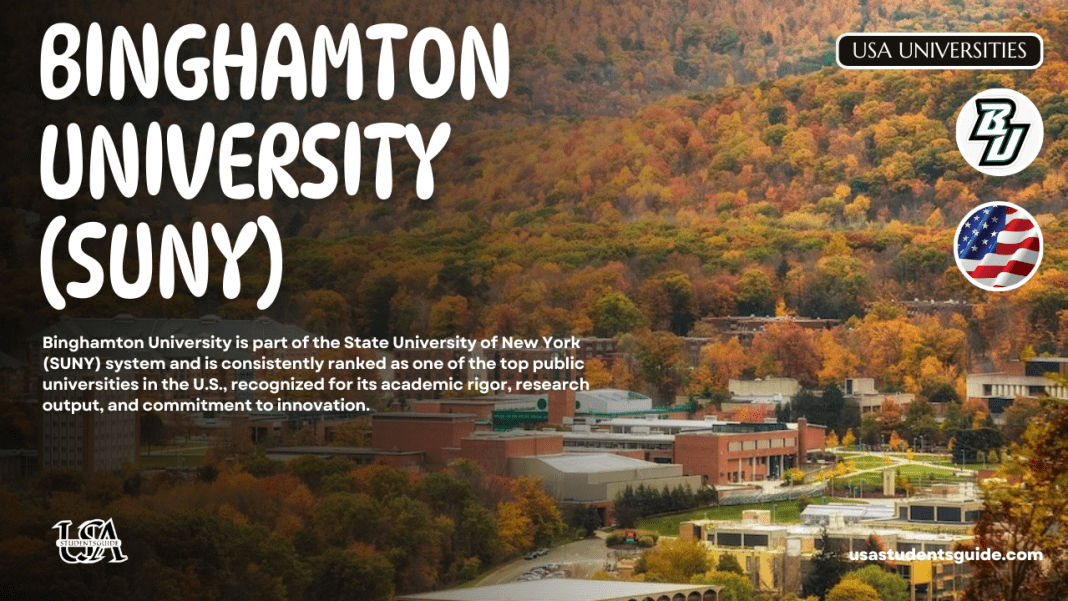Summary
- Founded: 1885
- Location: Tempe, Arizona, USA
- Type: Public research university
- Motto: “Measure Yourself by What You Become”
- Endowment: Approximately $1.3 billion (2023)
- Campus Size: 631 acres (Tempe campus), with four other locations in the Phoenix metro area
- Academic Structure: 16 colleges and schools offering over 350 undergraduate and 450 graduate programs
- Popular Programs: Business, Engineering, Education, Sustainability, Journalism, and Health Sciences
History and Background
Arizona State University was established in 1885 as the Territorial Normal School in Tempe, Arizona, with the primary purpose of training teachers for the state’s growing population. It has since grown into a major public research university and one of the largest in the United States, with more than 150,000 students enrolled across multiple campuses and online.
ASU has evolved from a small teaching college into a comprehensive institution known for its innovation, inclusivity, and commitment to excellence in research and education. Over the years, ASU has redefined the role of a public university, spearheading initiatives in sustainability, global education, and technological advancement.
Location and Campus
Arizona State University is located in Tempe, Arizona, part of the Phoenix metropolitan area. The university operates five campuses:
- Tempe Campus: The largest and most historic, home to a wide range of academic programs and research institutes.
- Downtown Phoenix Campus: Focuses on programs in law, journalism, public service, and health.
- Polytechnic Campus: Known for its hands-on learning approach in fields like engineering and aviation.
- West Campus: Specializes in liberal arts, business, and interdisciplinary sciences.
- ASU Online: Offers more than 200 degree programs to students around the world.
ASU’s Tempe campus spans 631 acres, and its facilities reflect a blend of modern architecture and historic buildings. Notable structures include Old Main, the oldest building on campus, and the ASU Gammage, a performing arts center designed by renowned architect Frank Lloyd Wright.
Academic Excellence
ASU has consistently been recognized for its academic rigor, offering a comprehensive range of undergraduate, graduate, and doctoral programs. It is home to 16 colleges and schools covering fields like engineering, business, law, education, and sustainability. ASU is especially known for:
- The W. P. Carey School of Business: One of the top-ranked business schools in the U.S.
- The Ira A. Fulton Schools of Engineering: Renowned for research and innovation in areas such as artificial intelligence, robotics, and environmental engineering.
- The Walter Cronkite School of Journalism and Mass Communication: Produces graduates who are leaders in media and communications.
- The Sandra Day O’Connor College of Law: Ranked among the top law schools in the nation.
ASU’s commitment to interdisciplinary studies and innovation is evident in its establishment of the School of Sustainability, the first of its kind in the U.S., and its emphasis on addressing global challenges like climate change and urbanization.
ASU has earned the title of the #1 Most Innovative School in the U.S. for nine consecutive years (as of 2023), according to U.S. News & World Report, largely due to its forward-thinking educational models and technology integration in learning.
Student Life and Diversity
Arizona State University is known for its diverse and vibrant student life. With a student population of over 150,000, ASU serves learners from all 50 U.S. states and over 130 countries. Approximately 10% of the student body consists of international students, fostering a multicultural campus environment.
ASU offers a wide array of extracurricular activities, including more than 1,000 student organizations, ranging from academic clubs to cultural groups and athletic teams. ASU is also a member of the Pac-12 Conference, and its sports teams, known as the Sun Devils, have a strong tradition in NCAA Division I athletics.
Notable student activities and traditions include:
- Devilpalooza, an annual student-run music festival
- Homecoming Week, filled with spirit events and community engagement
- The Lantern Walk, a tradition that honors ASU’s history and student leaders
ASU prioritizes inclusivity and offers support systems through initiatives like the International Student Engagement Office and Multicultural Communities of Excellence, which foster an environment where all students can thrive.
Admissions and Scholarships
Arizona State University is known for its inclusive admissions policy, emphasizing accessibility while maintaining high academic standards. For the 2023-2024 academic year, the acceptance rate at ASU was around 86%, though competitive programs such as engineering, business, and law may have more selective admissions.
Key admission requirements include:
- A completed application form (Common App or ASU application)
- High school transcripts for undergraduate applicants
- SAT/ACT scores (optional for recent cycles)
- Letters of recommendation for graduate programs
- Personal statements or essays, particularly for graduate and competitive undergraduate programs
Scholarships and financial aid options are abundant, with ASU offering several merit-based and need-based scholarships. International students are also eligible for scholarships, including:
- New American University Scholarship: For outstanding academic achievement
- Global Education Scholarships: Available for international students to promote global diversity on campus
- External Scholarships: From various organizations and government programs
ASU’s Contribution to Research and Innovation
Arizona State University is a Research I institution, recognized for its high level of research activity. With an annual research budget exceeding $640 million (as of 2023), ASU is at the forefront of exploring new technologies, sustainable solutions, and societal challenges.
ASU is a pioneer in sustainability research, led by the Julie Ann Wrigley Global Futures Laboratory, which addresses climate change, renewable energy, and sustainable urban development. Other major research areas include:
- Space Exploration: ASU is home to the School of Earth and Space Exploration and collaborates with NASA on multiple space missions.
- Health and Biosciences: The Biodesign Institute advances research in biotechnology, personalized medicine, and public health.
- Artificial Intelligence: ASU’s Center for AI and Society explores the impact of AI on societal issues and ethics.
Through partnerships with government agencies, private enterprises, and international organizations, ASU has become a leading force in addressing global challenges and advancing new knowledge.
Notable Alumni
Arizona State University has produced numerous influential alumni across diverse fields. Some notable alumni include:
- Jimmy Kimmel: Comedian and late-night TV host
- Kate Spade: Fashion designer and businesswoman
- Barry Bonds: Former MLB player and home run record-holder
- David Spade: Actor and comedian
- Phil Gordon: Former Mayor of Phoenix
- Brenda Strong: Actress, known for her role in Desperate Housewives
- Ann Meyers Drysdale: Basketball Hall of Famer and sports broadcaster
Global Impact and Rankings
Arizona State University is recognized worldwide for its commitment to innovation, inclusivity, and research excellence. ASU consistently ranks highly in global university rankings:
- #1 in Innovation in the U.S. for nine consecutive years (U.S. News & World Report)
- Ranked among the top 150 universities globally by QS World University Rankings
- #1 in the U.S. for sustainability education, according to Sustainability Tracking, Assessment & Rating System (STARS)
ASU’s global presence includes partnerships with universities and organizations worldwide, fostering international research collaborations, student exchange programs, and global community initiatives. ASU also operates international campuses and programs, including ventures in China, Mexico, and Europe.
How to Apply as an International Student
ASU welcomes a diverse international student body and provides a streamlined application process. Key requirements for international students include:
- Completed ASU Application or Common Application
- Proof of English proficiency (TOEFL, IELTS, or other acceptable test)
- High school transcripts for undergraduate applicants and academic records for graduate applicants
- Visa and immigration documents
International students are eligible for scholarships such as the Global Excellence Scholarship and are supported by ASU’s International Students and Scholars Center (ISSC), which helps with visa processing, immigration support, and acclimating to life in the U.S.
Why ASU?
Arizona State University is renowned for its commitment to accessibility, academic innovation, and research impact. As the #1 most innovative school in the U.S., ASU offers students unique opportunities to engage with cutting-edge research and real-world problem-solving. The university’s interdisciplinary approach, strong industry connections, and global focus make it an attractive choice for students who want to make a meaningful difference in the world.
Arizona State University stands out as a global leader in higher education, offering a transformative learning experience that combines academic rigor, research excellence, and a commitment to addressing societal challenges. Whether through its groundbreaking research, diverse student body, or strong global partnerships, ASU continues to make a lasting impact on the world.



